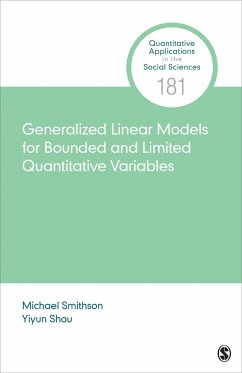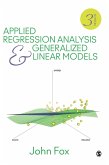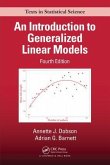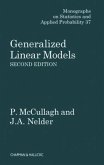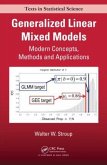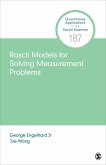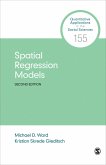The book brings together material on the analysis of limited and bounded variables that is scattered across the literature in several disciplines, and presents it in a style that is both more accessible and up-to-date. The authors provide worked examples in each chapter using real datasets from a variety of disciplines. The software used for the examples include R, SAS, and Stata. The data, software code, and detailed explanations of the example models are available on an accompanying website.

